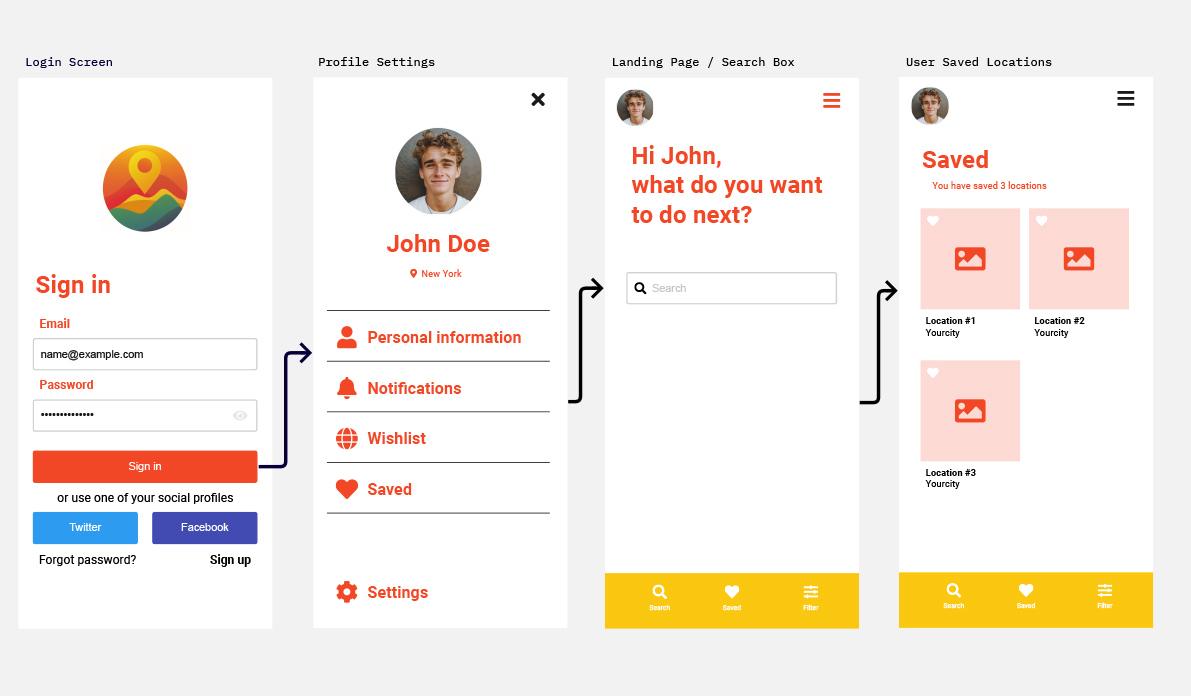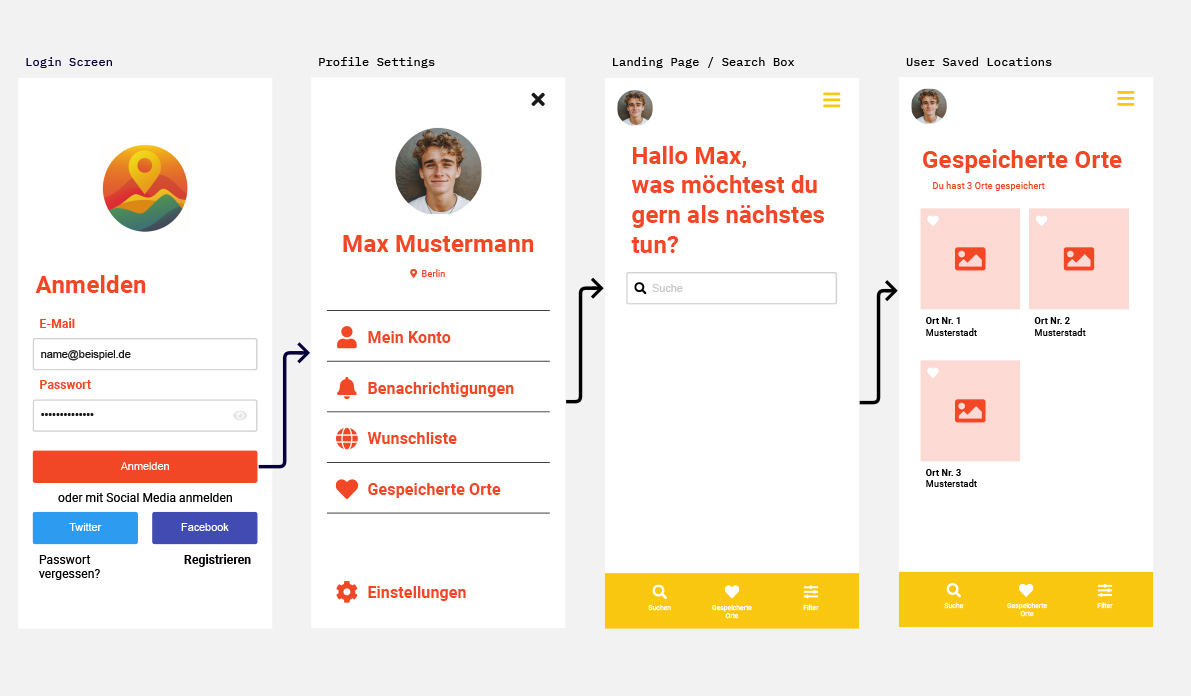Industry-specific terminology
IT professionals can tell immediately if the translator (or the AI) knows what they are talking about
When Nintendo launched the game Pokémon Sun and Moon, there was a backlash from their fans in Hong Kong. To save money, Nintendo released a single version for China, Hong Kong, and Taiwan. In doing so, they not only ignored the differences between the Hong Kong and Taiwanese dialects but also the fact that each country has different names for the characters. The game combined some character names and even changed parts of the storyline. Pokemon fans were not happy about this at all.
The gaming industry, of course, is very unique. But the principle applies to the rest of the IT industry as well: cultural sensitivity is imperative to a company’s success. A carefully chosen name has a massive impact on your company’s brand recognition. With a little luck, a clever slogan might go viral. But if you don’t pay attention to the linguistic and cultural nuances of your target market, your campaign could backfire.


Localized user interface of a fictitious app.
Software localization requires a special type of translation. The user interface and contents of the programs or apps need to be linguistically and culturally adapted to the new target market. This could include changing currencies, date and time display, units of measure, and multimedia content. The goal of software localization is to make the product as easy to use as if it had originally been developed for the market in question.
In addition to software localization, I also translate the following types of text for the IT industry:
My areas of specialization are search engine optimization, artificial intelligence, machine learning, deep learning, and cloud computing.